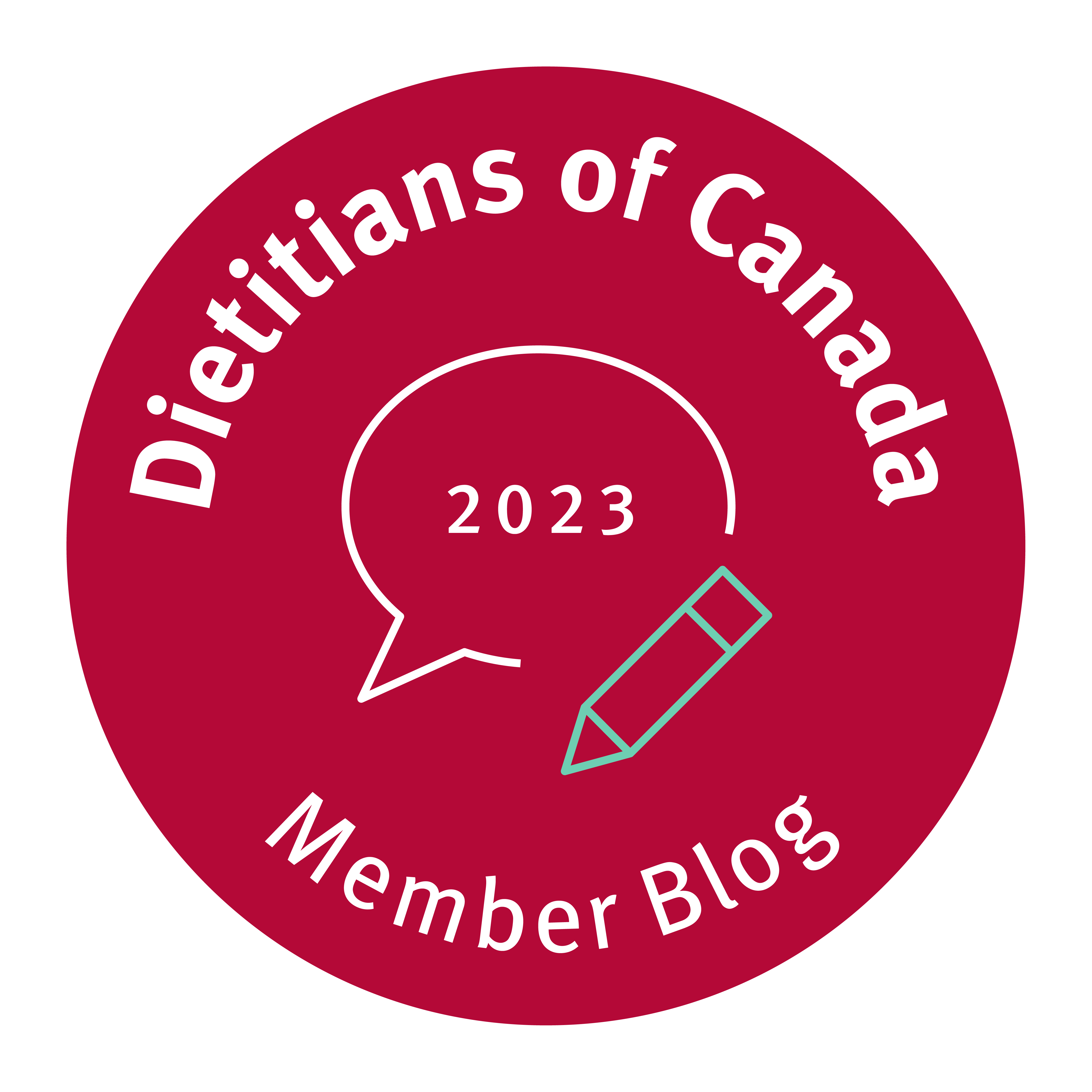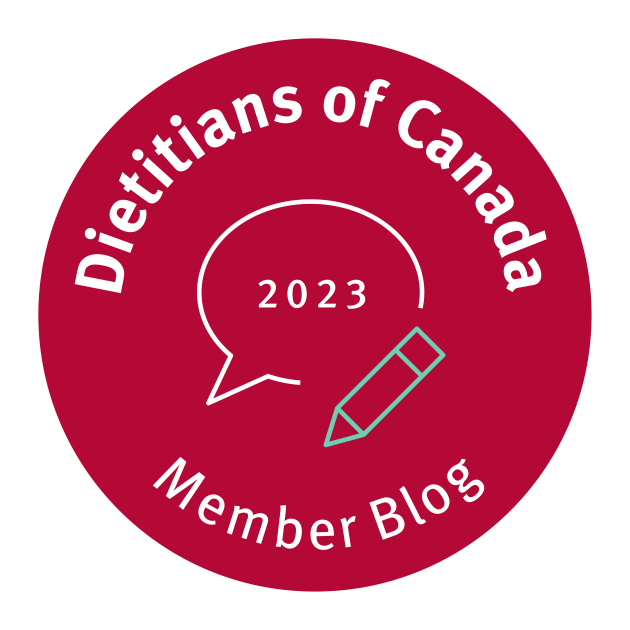Have you heard about the potential health perks of eating well and its impact on hearing?
Making smart food choices is known for decreasing the odds of developing heart disease or diabetes or having a stroke. Maintaining your vision is another potential benefit of healthy eating as research shows it lowers the risk of macular degeneration, the leading cause of blindness in the elderly.
But somehow, preserving healthy hearing is all too often left out of the conversation.
While well-known environmental factors, such as loud noise and music, smoking, genetic influences and as of late, possibly having had a Covid infection, that can impact hearing loss and tinnitus, research shows that nutrition can play a vital role. As well, as our population is aging, age-related hearing loss is set to become a much bigger issue. And hearing loss is not just isolating, it can go hand in hand with a decline in cognitive function.
Here’s some of the latest news about which nutrients may help to mitigate those factors which can lead to hearing loss.
Head for these choices:
• Omega-3 fats
Just as with other ills, like heart disease and certain cancers, inflammation is thought to be a possible contributing factor in hearing loss. The anti-inflammatory action of omega-3s may help to protect the health of cells in the inner ear or lessen the inflammatory responses to loud noises, chemicals, or infections – with the latter becoming more and more of a concern. New research, presented at the findings at NUTRITION 2023, the flagship annual meeting of the American Society for Nutrition, reported that higher blood levels of the particular omega-3 fatty acid docosahexaenoic acid (DHA) were associated with a lower likelihood of having hearing difficulties in a UK study of more than 500,000 individuals aged 40 to 69 years of age.
While this was not a clinical study where one group was given DHA and the other, a placebo, given the large sample size, the research points to some actions we can take that may offer advantages to maintaining hearing but would also offer other health benefits.
Look for DHA in cold water fish, such as salmon, sardines, mackerel and albacore tuna. For those who don’t eat fish, you can get DHA from fish oil supplements. There are also DHA-fortified eggs (the hens are fed the omega-3s) and for those who don’t eat fish, DHA can be found in supplements from algal oil. Algae is where these fatty acids are initially found. Small fish eat the algae and they are then eaten by bigger fish and that’s where the DHA comes from.
• Colourful fruits and vegetables
Antioxidants, such as beta carotene and vitamin C, are linked to protection against hearing loss as they protect against oxidative damage. Yet another powerful reason to meet your quota of fruits and vegetables. And this is a wonderful time of year to get your fill.
For simple tips on how to increase the produce on your menu, check out https://www.halfyourplate.ca/.
• Magnesium-rich options
Magnesium doesn’t get the attention it deserves. Besides being linked to a host of health benefits, including better blood pressure readings and a decreased risk of diabetes, research shows it seems to work together with antioxidants in protecting against hearing loss.
Go for dark leafy greens, nuts, dried peas and beans and whole grains.
• Potassium-packed foods
Here’s yet another nutrient that we don’t pay enough attention to but research links having adequate amounts of potassium to a decreased likelihood of hearing loss. Potassium is a major player in reducing the risk of high blood pressure yet most people simple consider how much sodium they consume when they think of hypertension.
When it comes to potassium, though, everyone only thinks bananas are tops but check out this list for top-notch sources of potassium.
• Low glycemic index (GI) foods
The GI is a measure that ranks a food on how rapidly the carbohydrate enters the bloodstream compared to a quickly absorbed one – either sugar or white bread. Those options with a high GI can raise blood glucose levels rapidly – much in the same way that granulated sugar might.
A review of lifestyle factors showed that the risk of hearing loss was increased in the elderly in those who consumed a diet of high glycemic index foods.
For tips on how to choose low GI options, click here.
• Vitamin D
This nutrient, another which is in short supply for most of the year here in Canada, plays a key role in a wide range of health issues, including immune system function and bone health. However, new research now links low blood levels of vitamin D to hearing loss. Like omega-3 fats, vitamin D offers anti-inflammatory action.
Keep in mind that if you wear sunscreen, it blocks the production of vitamin D -a.k.a. the sunshine vitamin – by the skin. As for food sources, most don’t offer adequate amounts so supplements are usually the way to go. Numerous experts recommend between 1,000 or 2,000 IU per day, with an upper limit of 4,000 IU per day. If you miss one day, you can go for the extra on another. As it’s a fat-soluble vitamin, it’s important to take it with a meal where you are consuming some fat. The fat can be from any source – dairy products, eggs, fish, meat, poultry, nuts and seeds, soyfoods or oils (olive, avocado, canola etc. – you name it.





Leave a comment